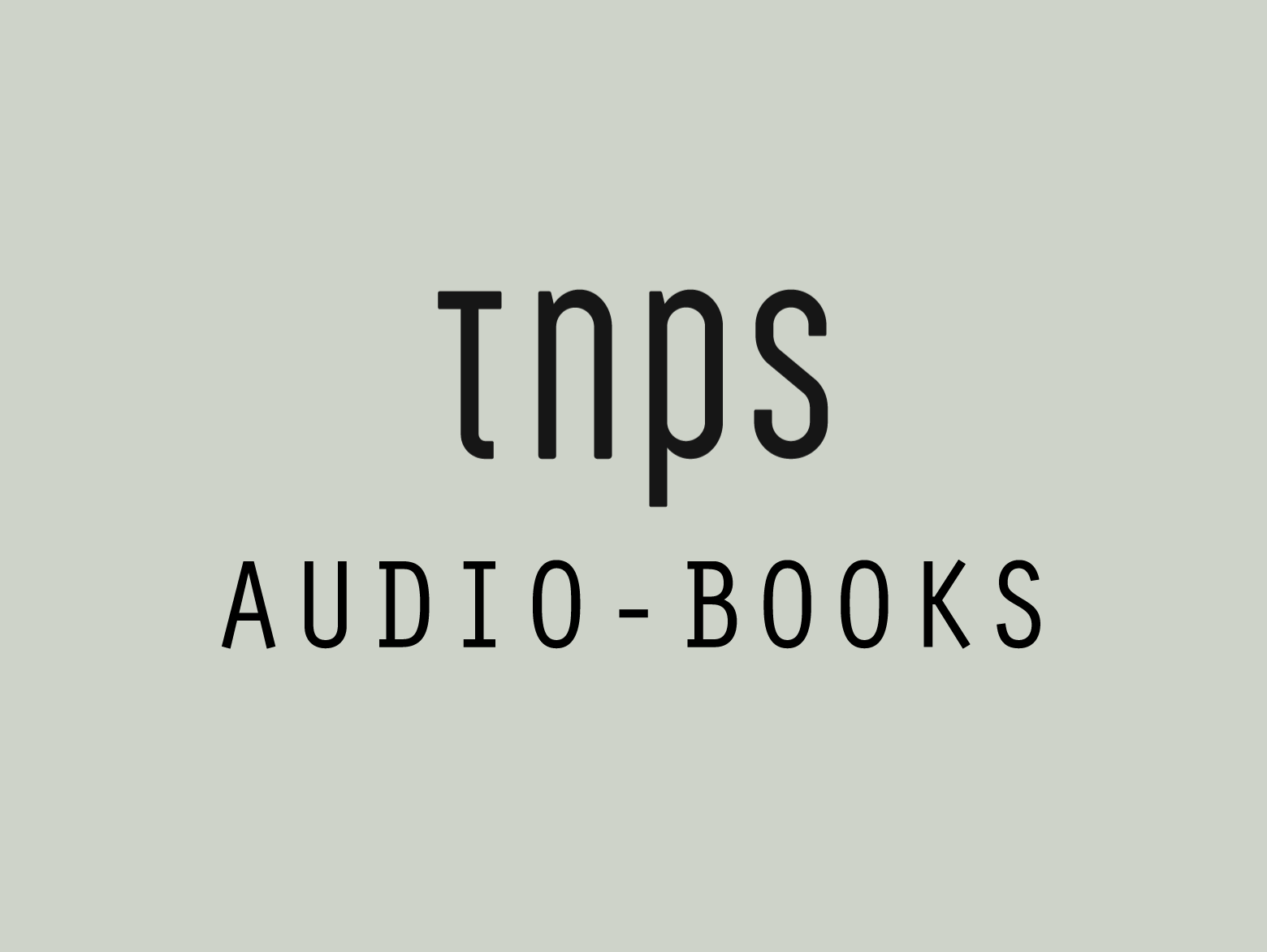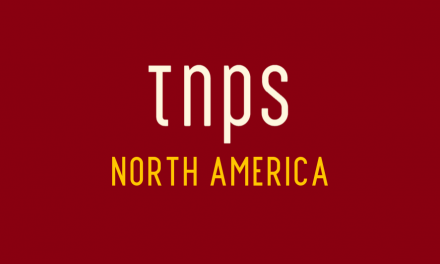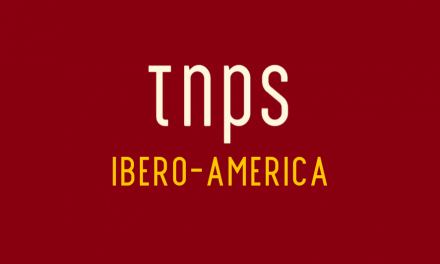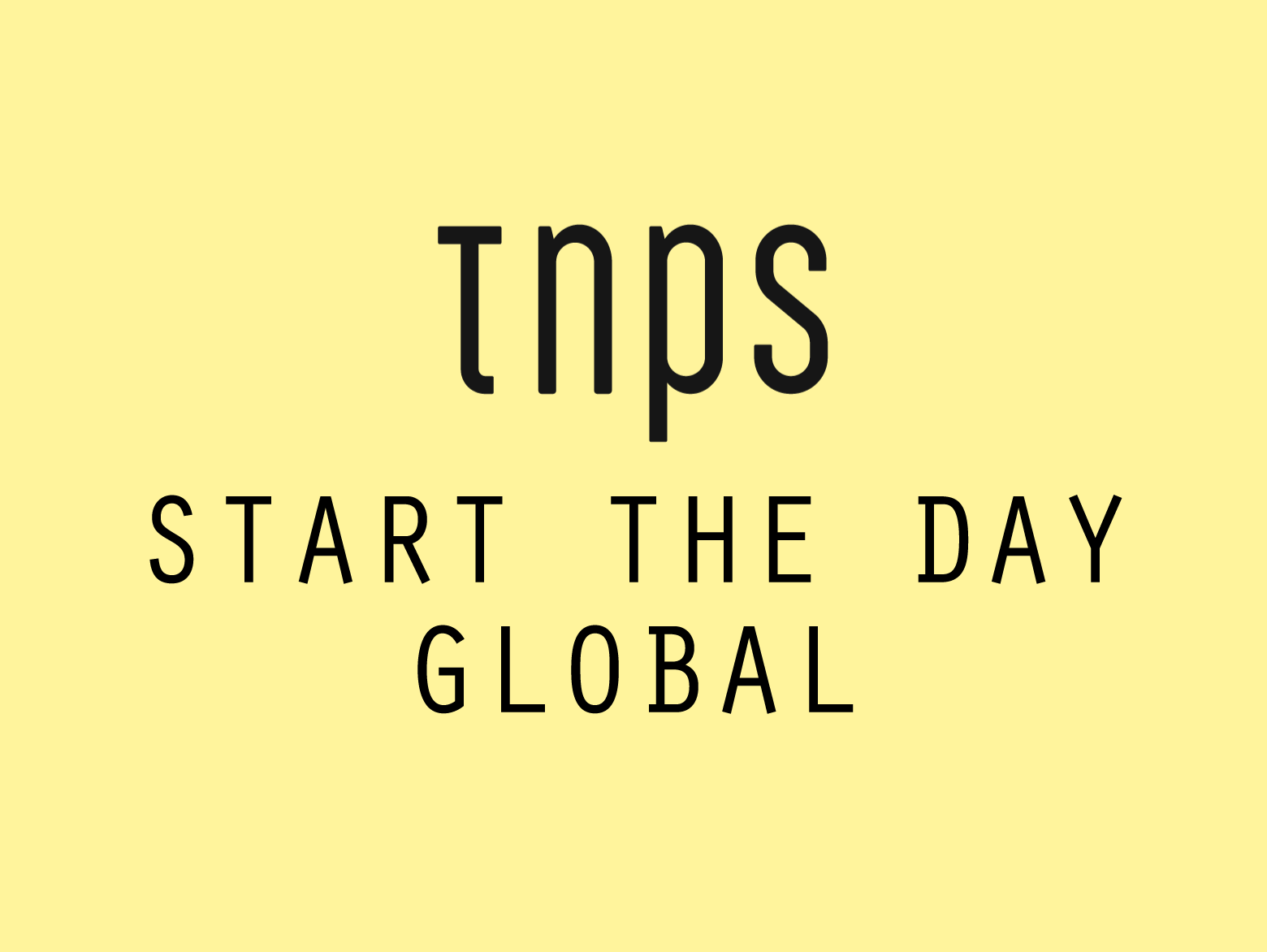Svensk Bokhandel, the Swedish publishing industry journal that broke the story about Storytel’s two tier royalties – one level for Bonnier, another for everyone else – carries a response from Storytel CEO Jonas Tellander today.
I want to be transparent and answer any questions I can answer. The last thing I want to be is a liar.
Revealing Storytel has been contracting with Bonnier since 2009, Tellander explained that Storytel and Bonnier are especially important to one another and that the early agreement with Bonnier was largely on Bonnier’s terms, but that with strength from growth Storytel has been able to stand its ground a little, but still treats Bonnier as a special case.
Tellander confirmed Bonnier was the only publisher to have a fixed remuneration package, but invoked privacy issues to avoid elaborating further.
Svensk Bokhandel put to Tellander the revelations in the original exposé that Bonnier was paid over 40 kronor per unit – double that of other publishers –
but again Tellander invoked the confidentiality clause to avoid comment.
On the topic of publisher anger over the two-tier royalties Tellander said (approximate translation, not exact words),
I can absolutely understand that. But we are in an industry that has had the same business model for hundreds of years, where publishers and writers were remunerated per sold book. Now suddenly we enter a new era of competing for people’s time. It is this change we are trying to drive.
We are talking about hundreds of publishers who all understand our argument that revenue share is the right way to go when competing for people’s time and having a fixed monthly subscription fee.
Tellander offered a spirited defence of the revenue share model.
I understand the concern that exists. When you see the average price of a book disappears (replaced by a set monthly subscription rate), you think “where is my revenue going?”
But I am disappointed that the debate is so much about the increase in volume (of books read or listened to) while not seeing the immediate connection of the money from the monthly fee, which goes directly to publishers and writers and enables more people to write books.
Then we have another component – one that’s very exciting – and it’s all the reading years. We have dramatists and other performers who are on stage in the evenings and in the days are in the studio and are reading audio books. It contributes to cultural work in the country. 2,000 books a year. We talk about at least 50 million kronor ($5.5 million). This has been forgotten in the debate.
Then came the thorny question of “the pot,” the well of money that is paid in by consumers each month and then divided up between publishers based on the number of books listened to.
At least, that is the current model, for publishers other than Bonnier. As this year ends so the model will change, and in 2019 publishers will get a payout based on the number of minutes a given book is listened to.
It will be fairer. Longer books that cost more to produce will get a bigger payout.
But Bonnier, Tellander confirmed, will not be subject to the new rules, any more than they are the current rules.
At which point the details become unclear. Tellander says Bonnier payouts will not be taken from the pot, but it is not clear where they will be taken from in that case, given the pot comprises all the subscription revenue after costs.
Tellander was at pains to stress Storytel’s marketing and other overhead costs are not taken from the pot, but confirmed Storytel’s own audio-productions earn from the pot on the revenue share model.
Inevitably it has been suggested (no different from Amazon) that Storytel gives its own products an unfair advantage on its own sites.
While not denying own-brand content may get advantaged sometimes, Tellander argued,
I think we are very fair and unlike the established practices in the bookstores, we do not work with paid campaigns. If you have an agreement with us and work hard, you have a good opportunity to reach out in a good shop window.
Asked about the future Tellander stressed he hoped the revenue share model would eventually apply to all parties, including Bonnier.
Svensk Bokhandel asked the Storytel CEO about royalty cuts.
Tellander said the subscription price had remained unchanged but at the same time the average hours listen to per subscriber each month had risen by 50%, from 20 hours to 30 hours a month (in Sweden – world average still 20).
At the same time the average length of a book has shortened, from 11.5 hours to 7 hours, thanks largely to an influx of children’s titles. Other factors included publishers gaming the system by breaking up longer books into multiple smaller books. A 20 hour book gets a one book payout. The same book cut into four 5 hour books gets four payouts.
Tellander said the new model, whereby publishers will be remunerated by the second, had been warmly welcomed, albeit so far by just a handful of customers..
Tellander has not ruled out a floor and ceiling on payouts.
Read the full interview, in Swedish, over at Svensk Bokhandel.





